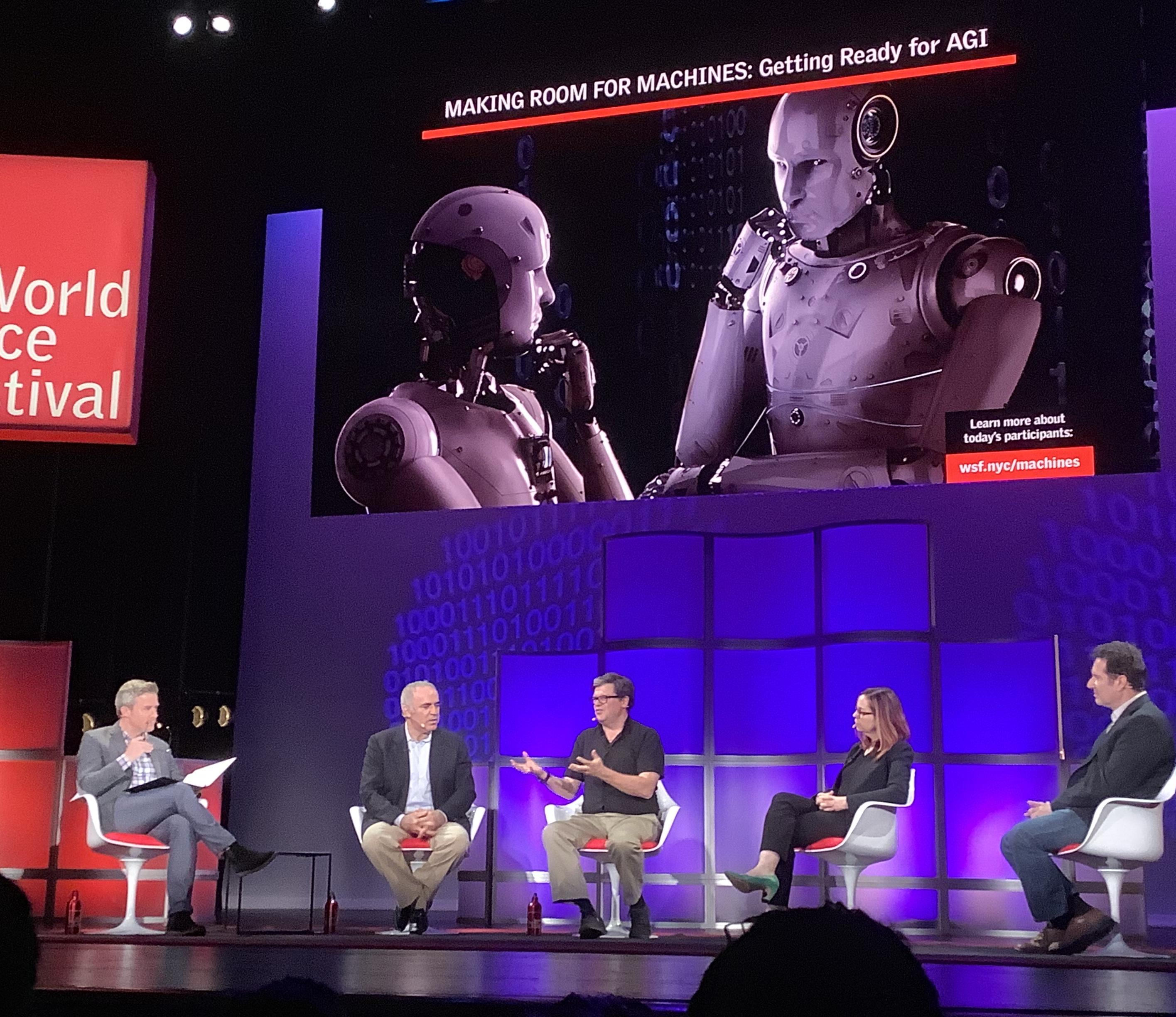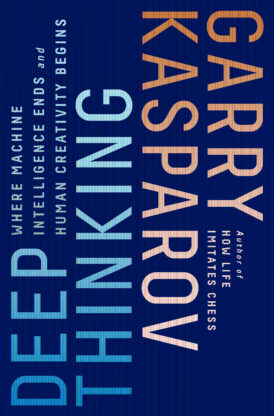 Kasparov called AGI “fake news,” pointing out that machines such as AlphaZero, Google’s system that can beat humans at chess, go, and shoji, is operating in a “closed system.”
Kasparov called AGI “fake news,” pointing out that machines such as AlphaZero, Google’s system that can beat humans at chess, go, and shoji, is operating in a “closed system.”
“It’s specialized,” he noted, rather than an intelligence that can generally navigate the world. It evokes the famous debates of Spinoza and Descartes, Kasparov said, whether a mind can exist without a body. Presumably, a body would let the machine explore a much larger terrain than such closed systems.
Hod offered that robotics is a pathway of that kind, the ability for machines to learn by navigating the world. LeCun concurred, referencing the work of Sergey Levine, a U.C. Berkeley professor whose lab does a lot of work on what might be called self-supervised, or semi-supervised learning in robotics systems. The same kind of work is going on at Facebook, LeCun noted. “One of the most interesting areas today is learning models of the world,” he offered. “It would be a step toward the kind of learning humans do, which is different from supervised learning or reinforcement learning,” he added.


